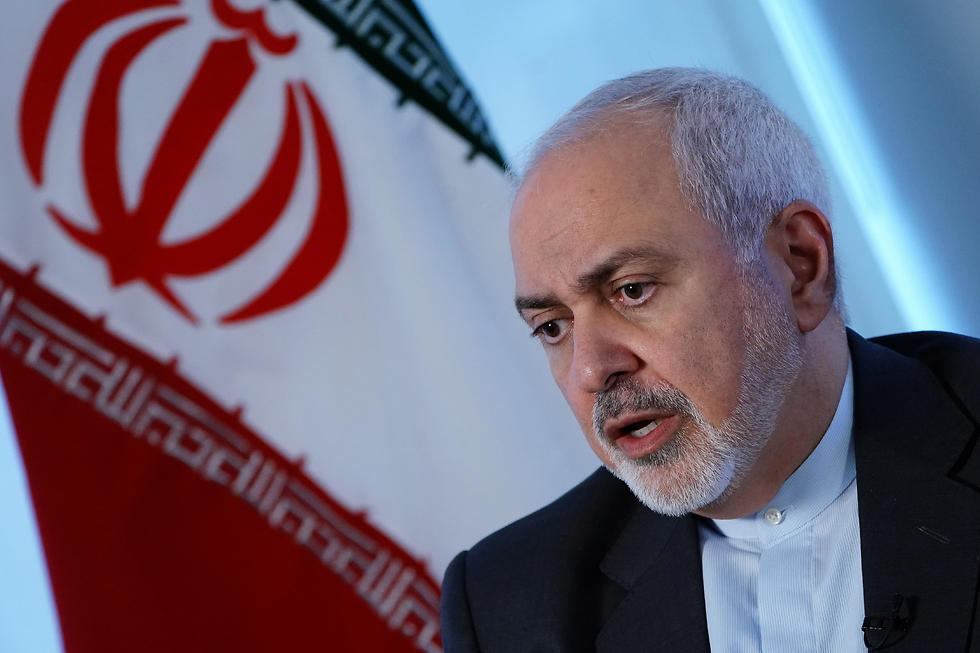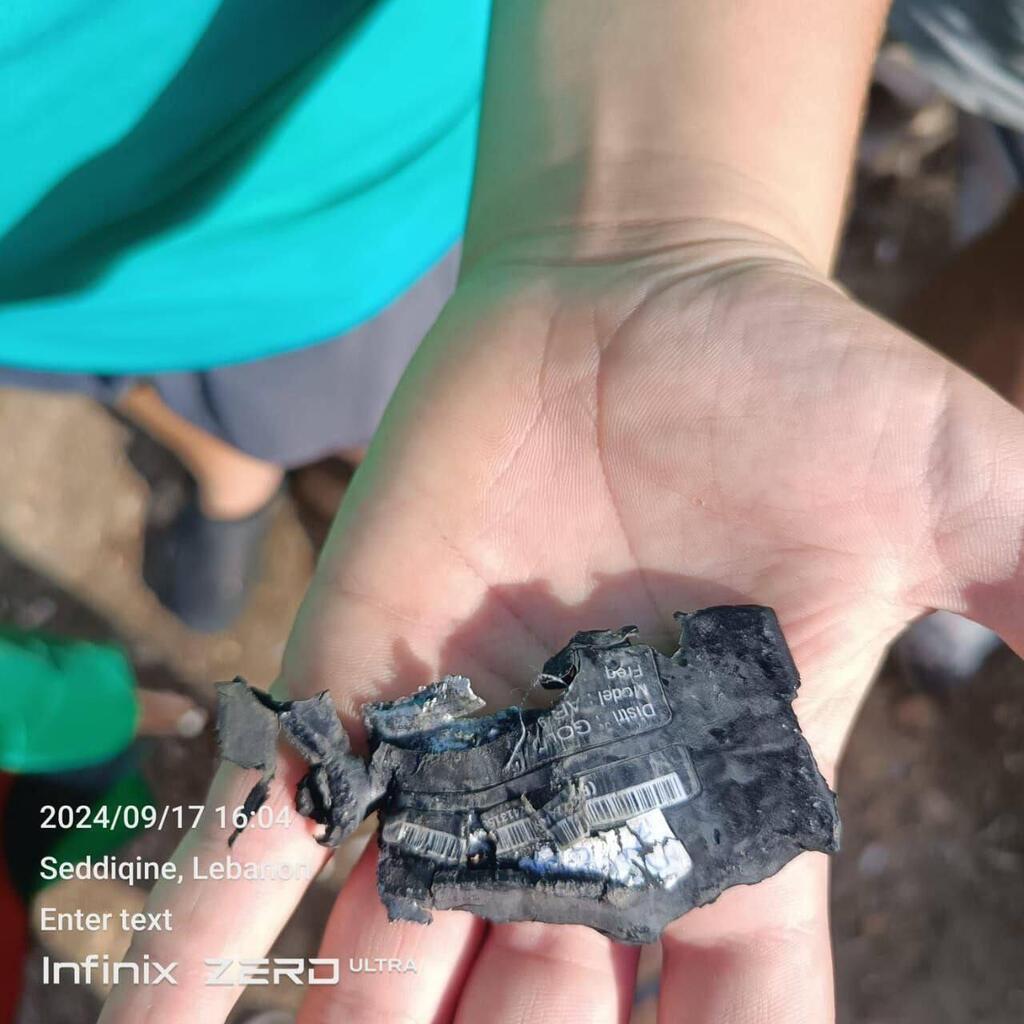Getting your Trinity Audio player ready...
Mohammad Javad Zarif, Iran's vice president for strategic affairs and former foreign minister, has accused Israel of embedding explosives in centrifuge components acquired for Tehran's nuclear program in what he described as an undisclosed attempt by Israel to sabotage Iran's nuclear infrastructure.
In a statement reported by the opposition-linked Persian-language media outlet Iran International, Zarif said, “Our colleagues procured a centrifuge platform for the Atomic Energy Organization, only to discover that explosives had been implanted within it." Zarif did not specify when the alleged incident occurred.
The claim follows a series of reported acts of sabotage targeting Iran’s nuclear facilities, including a 2021 explosion at the Natanz centrifuge plant, which Tehran labeled as "nuclear terrorism." While Iran has not fully detailed the incident, Israel has not confirmed or denied involvement.
Zarif highlighted the security vulnerabilities created by international sanctions on Iran, which he said forced the country to rely on intermediaries for acquiring sensitive equipment. "Instead of sourcing equipment directly from manufacturers, sanctions compel us to work through multiple intermediaries," Zarif explained. "If Israel infiltrates even one intermediary, they can plant anything, as they did in this case."
In response to the incident, Iran’s Revolutionary Guard reportedly confiscated communication devices and conducted extensive security checks to prevent recurrence. Iran’s Civil Aviation Authority also banned electronic devices, including cellphones, on commercial flights.
“This is one of the many damages caused by sanctions,” Zarif added. “Beyond economic losses, they have created significant security risks.”
Zarif compared the situation to a Mossad operation in Lebanon last September, where 12 Hezbollah operatives were killed and thousands injured after pagers rigged with explosives by Mossad detonated across the country. The following day, walkie-talkies used by the terror group also exploded, resulting in 20 more fatalities and 450 injuries.
A Mossad operative speaking to CBS’s 60 Minutes revealed details of the operation. “[T]hose people without hands and eyes... are walking proof of our superiority all around the Middle East. "We want them to feel vulnerable,” he said. The operative hinted that Israel has "moved on to the next thing" in its intelligence efforts.
The report also highlighted the U.S. response to Iran’s ballistic missile strikes on Israel in October. The Biden administration imposed additional sanctions on six entities involved in Iranian oil trade and six Iranian vessels.
U.S. Secretary of State Antony Blinken said at the time, “These measures aim to disrupt revenue streams that the Iranian regime uses to fund its nuclear program, develop missiles, support terrorist proxies and perpetuate conflict across the Middle East.”
Pezeshkian: Attack on nuclear sites will be to the detriment of all actors
Iranian President Masoud Pezhkian said in an interview with NBC on Tuesday that while Iran does not seek war, it will respond decisively to any attacks on its nuclear facilities, particularly under the incoming administration of U.S. President-elect Donald Trump.
3 View gallery


Iranian Supreme Leader Ayatollah Ali Khamenei; Prime Minister Benjamin Netanyahu
(Photo: AP, Reuters, Vahid Salemi)
"[N]aturally enough, we will react to any action. We do not fear war, but we do not seek it,” he said, adding: “I solemnly hope that this will not transpire because it will be to the detriment of all the actors, not only and merely us.”
He dismissed allegations that Iran is building nuclear weapons, claiming such accusations are being used as pretexts for aggression.
Pezhkian also rejected claims that Iran’s influence in the region has weakened following setbacks to its “axis of resistance” allies. “[C]omparing to last year inside the country, we’re more coherent. We’re more robust. We have better participation. We have a more solid security in the country,” he said.
On efforts to secure peace, Pezeshkian added, “We do whatever we can in order for peace to prevail in the region.”





